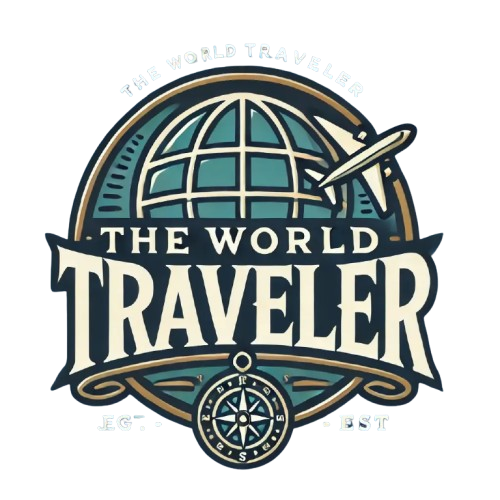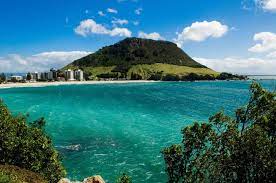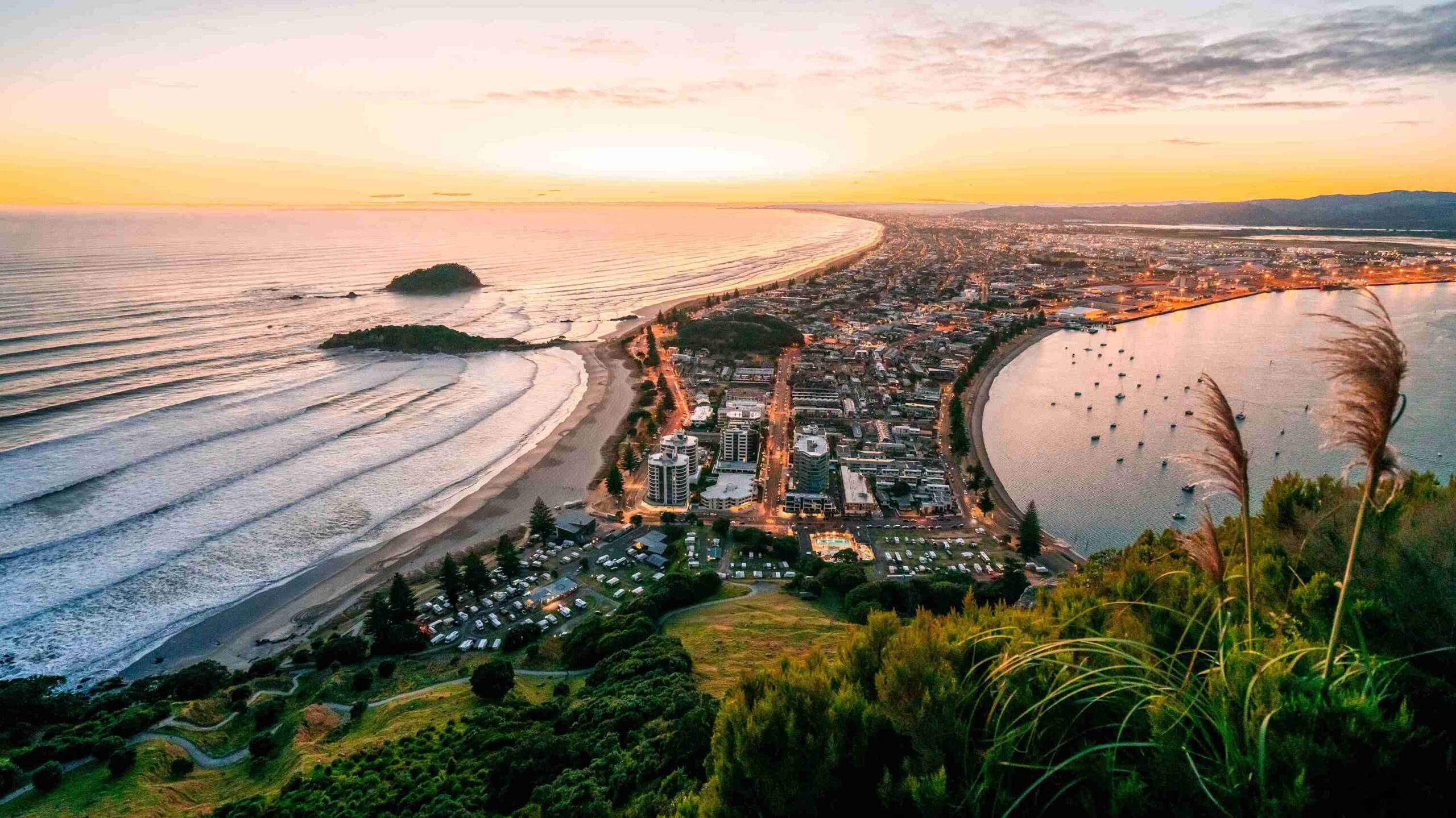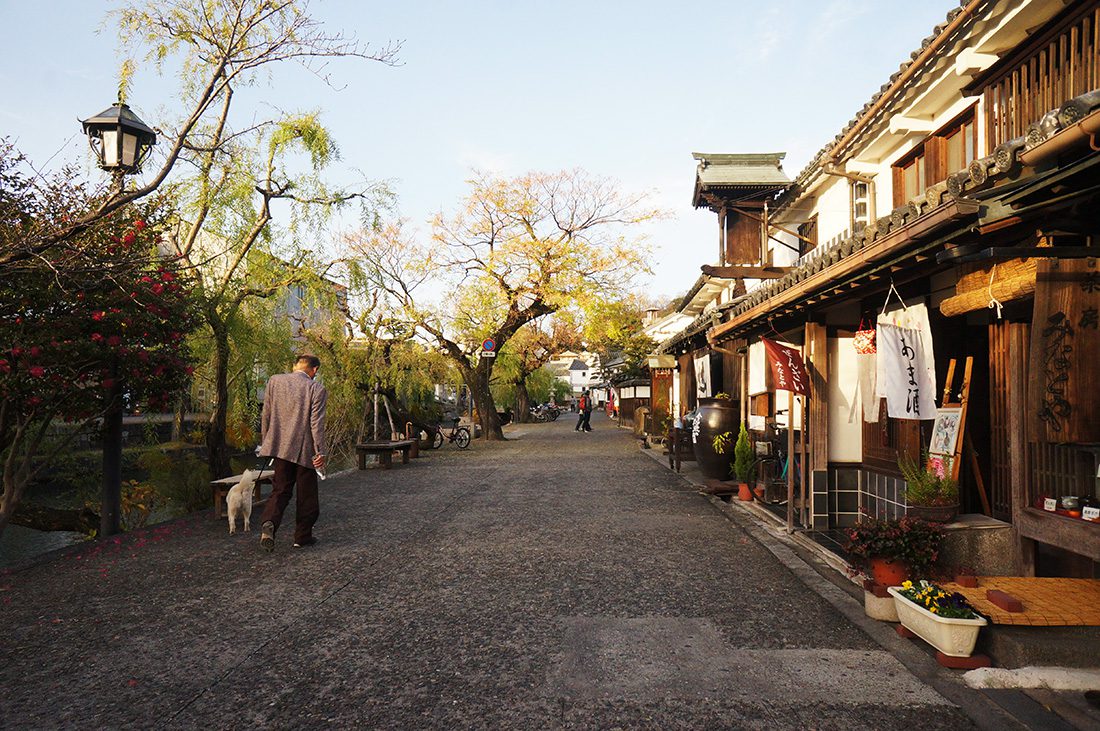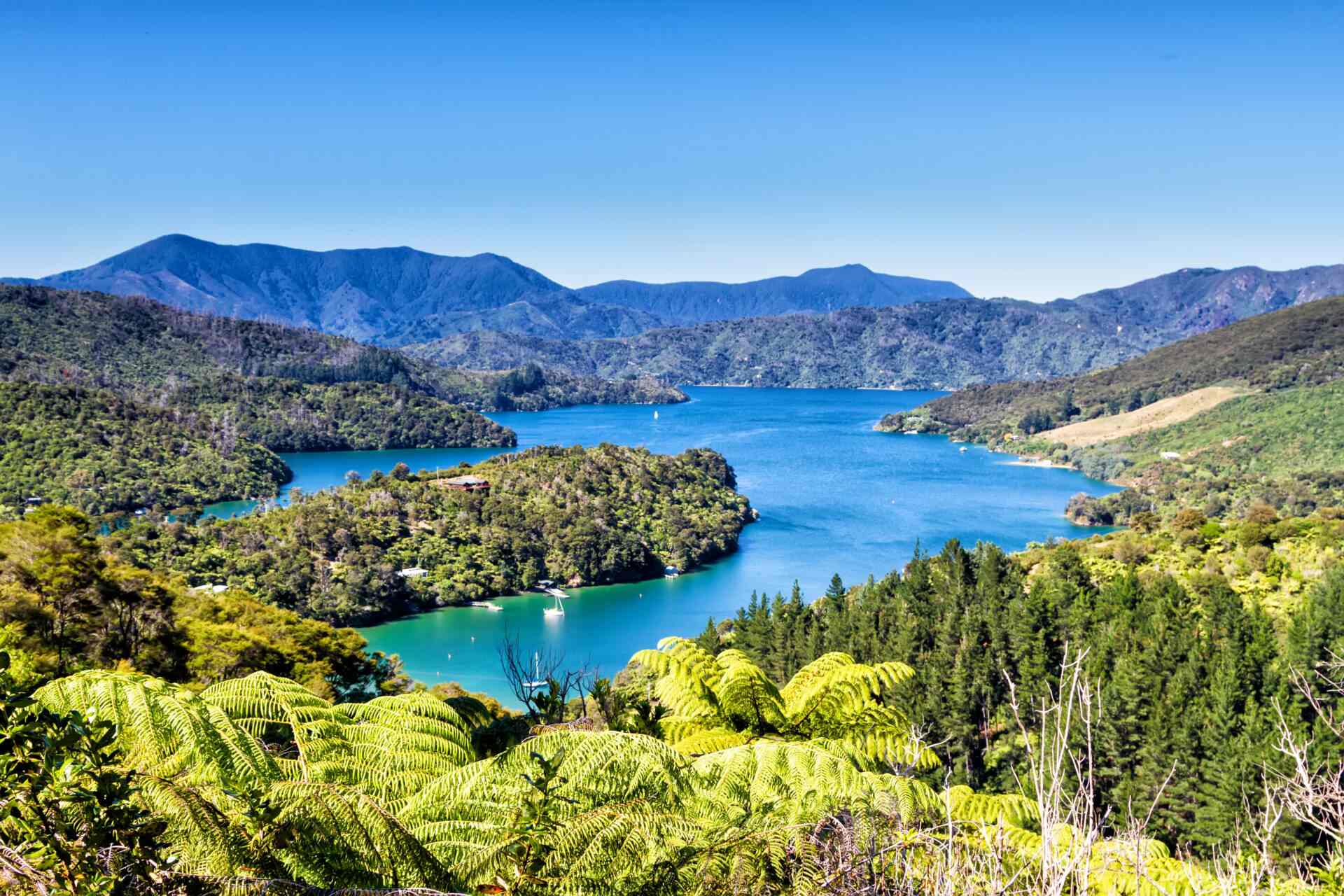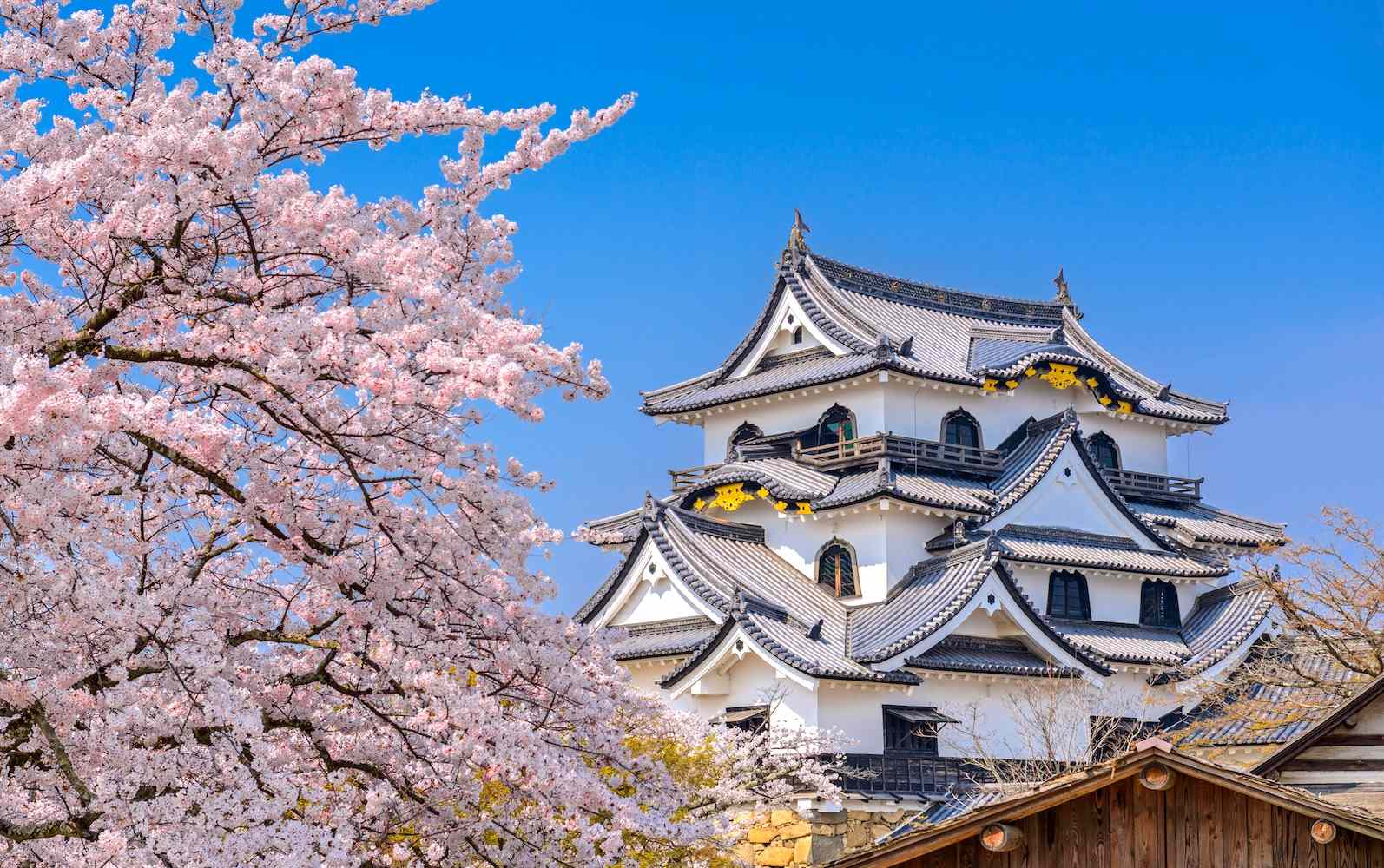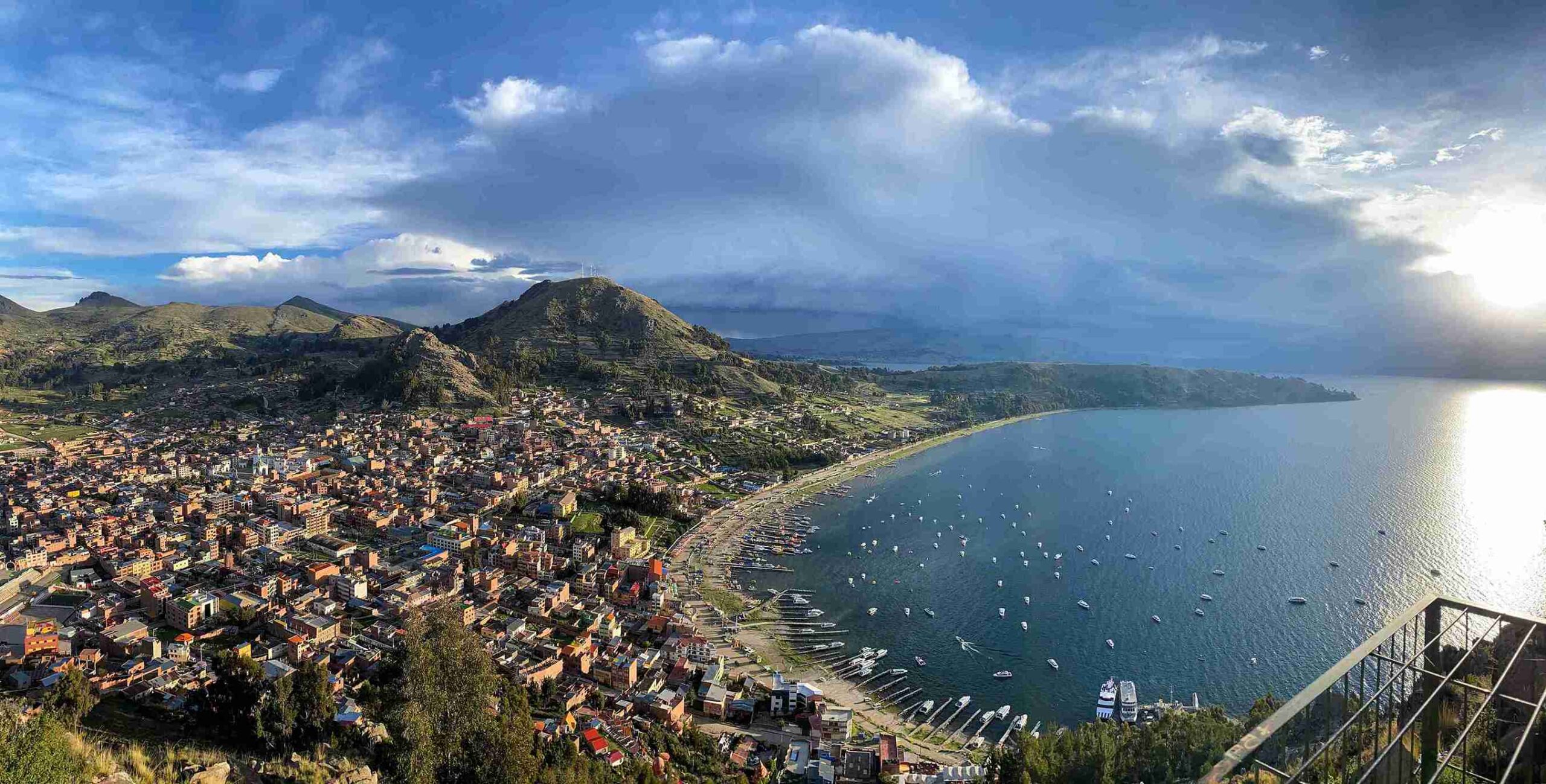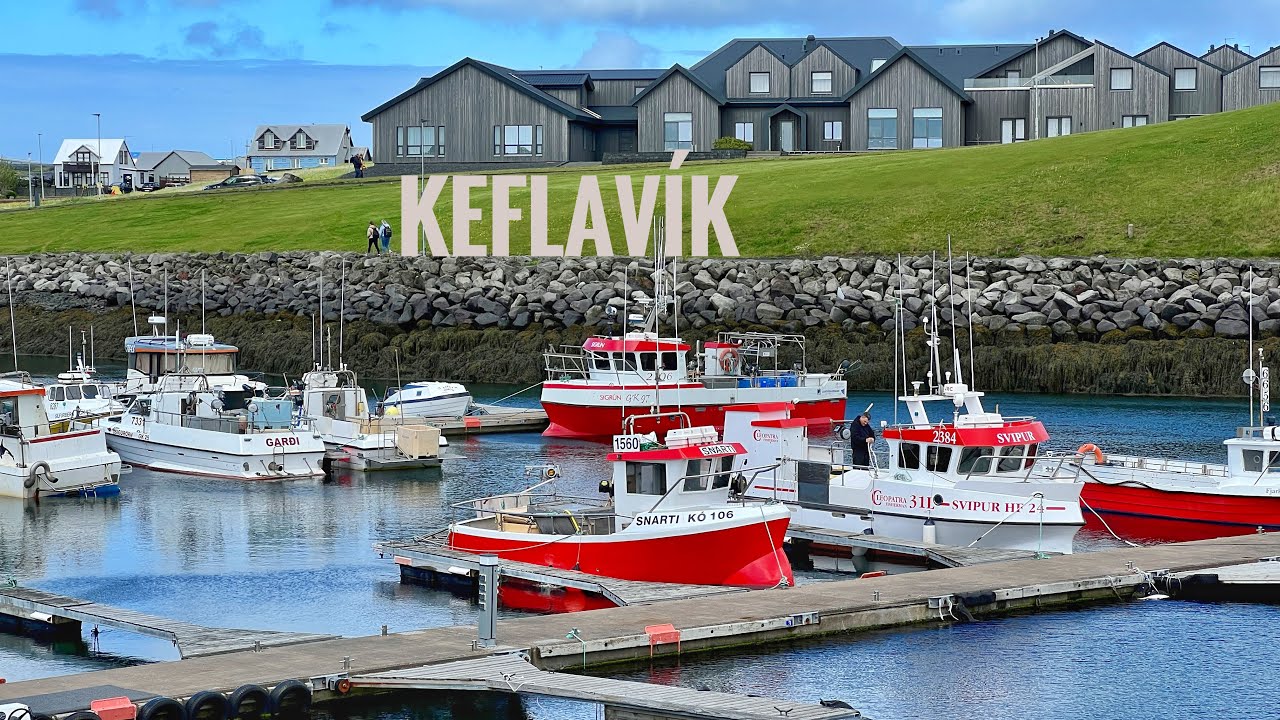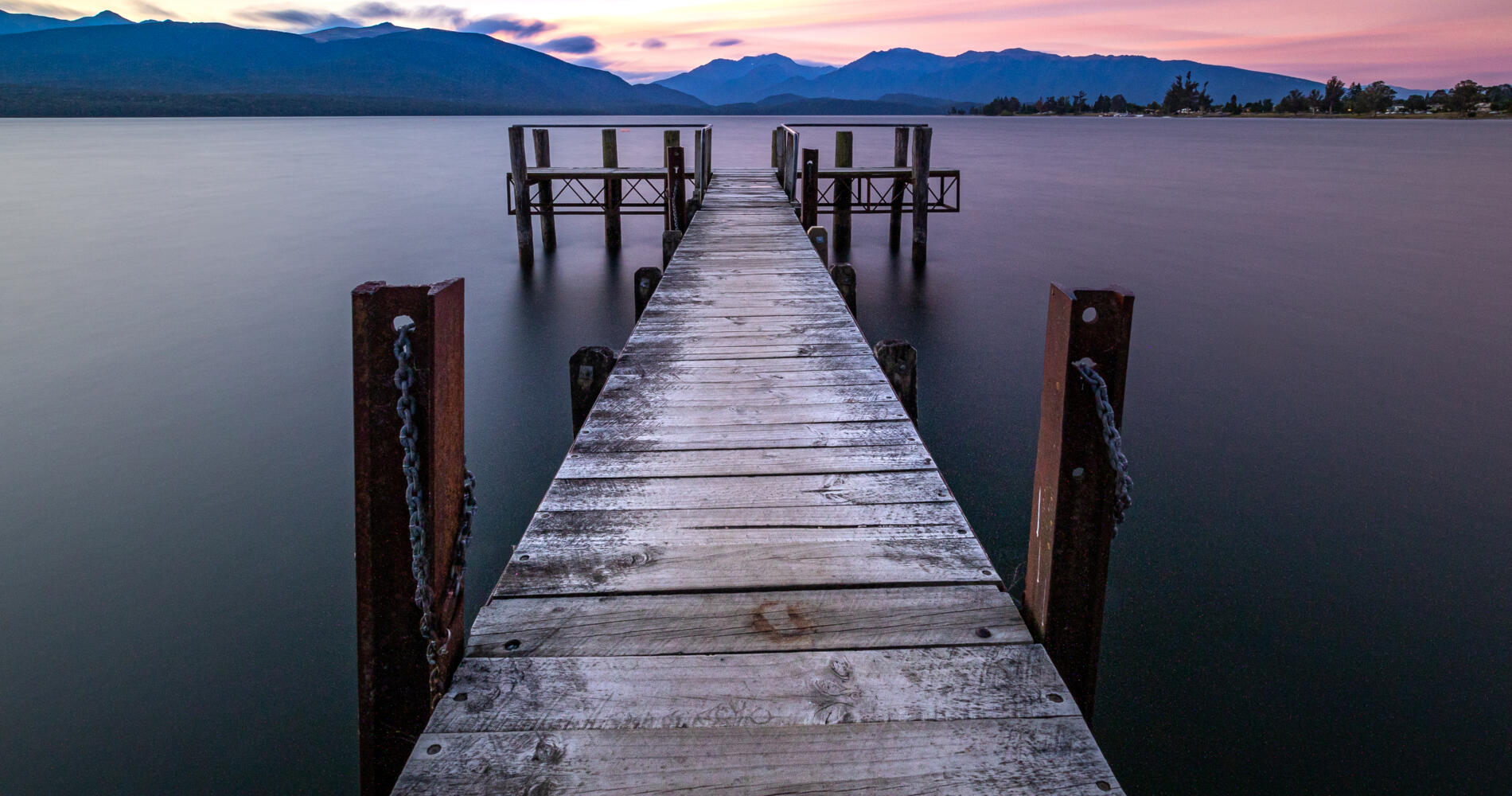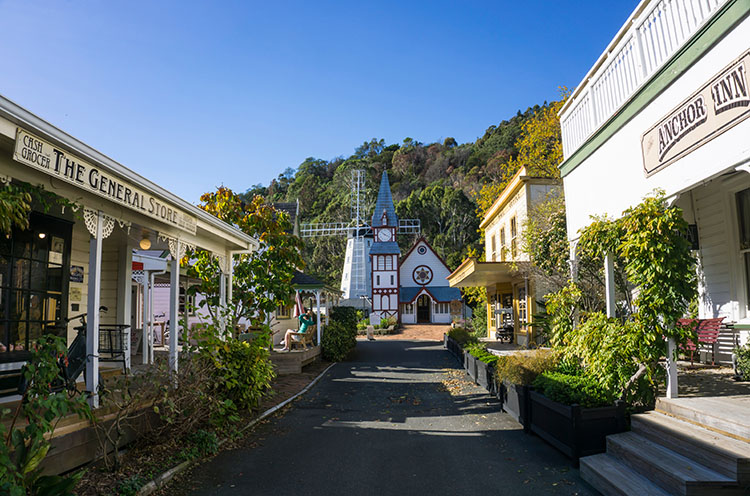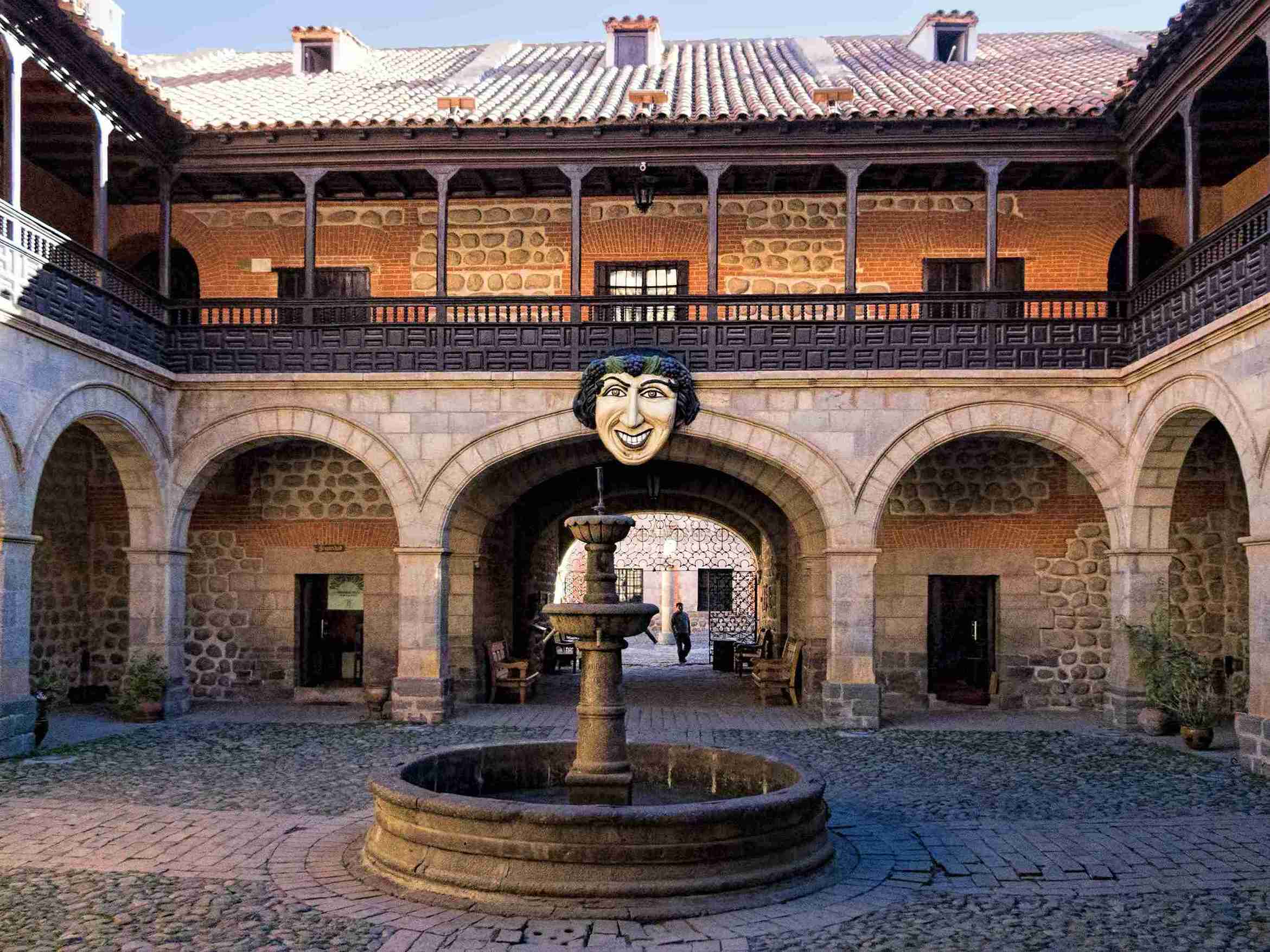Sucre, Bolivia – Travel Tips
Category
Categories
Popular Articles
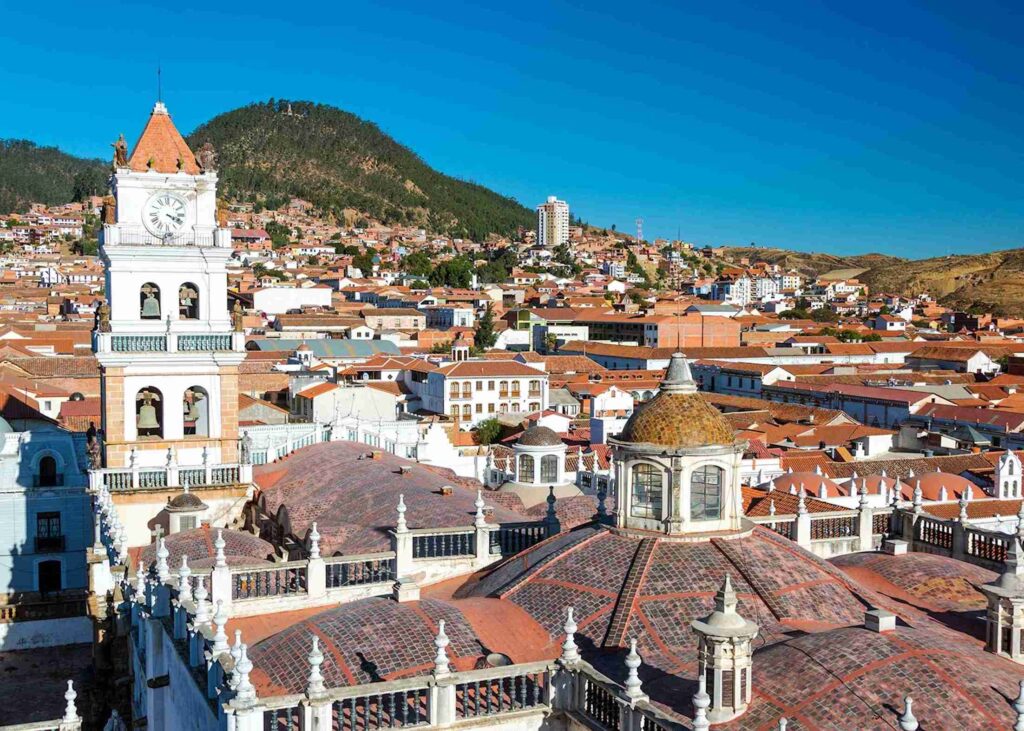
**Overview of the Destination**
Sucre, the constitutional capital of Bolivia, is a city steeped in history, culture, and stunning architecture. Known as “The White City” because of its well-preserved colonial buildings painted in hues of white, Sucre also boasts a large number of churches and monasteries that date back to the Spanish era. The city is also famous as a seat of learning, with Bolivia’s oldest university established here in 1624. World Heritage listed by UNESCO, Sucre’s rich history, charming streets, friendly people, and delicious food make it worth every moment spent exploring.
**Best Time to Visit**
Sucre is blessed with a pleasant climate throughout the year, making any time ideal for a visit. However, the peak tourist season is between May and October when the weather is particularly dry and cool. The off-season, between November and April, can offer some benefits, like fewer tourists and potentially cheaper accommodation.
There are a few notable cultural events worth planning around. For instance, the Festival of Virgen de Guadalupe in September is a vibrant event with traditional dances, music, and colorful processions.
**Climate & What to Pack**
Sucre enjoys a subtropical highland climate, with warm days and cool nights throughout the year. Light, breathable clothing is appropriate for the daytime, but a warm coat or jacket would be essential for chilly evenings. Don’t forget to pack sunblock, comfortable walking shoes, a hat, and a reusable water bottle. Carry an umbrella or raincoat if you plan to visit during the rainy season (November to March).
**Getting There**
The closest airport is Alcantari International Airport, about 30km from Sucre. You can take a taxi or a minibus to reach the city center. If you are not a citizen of a Latin American country, you may need a visa to enter Bolivia, so make sure to check the latest entry requirements before your trip.
**Getting Around Locally**
Sucre is a pedestrian-friendly city with an easy-to-navigate city center. Public buses, known as ‘micros,’ are a cheap way to get around, but taxis are also readily available. While car rental is available, it’s not commonly used as parking can be difficult in the city center.
**Safety Tips**
Sucre is relatively safe, but like any other city, petty crime like pickpocketing can occur, especially in crowded areas. Learn some basic Spanish phrases as not all locals are fluent in English. In terms of cultural etiquette, dressing modestly, particularly when visiting religious establishments, is advised.
**Top Things to Do & See**
Visit the Casa de la Libertad, where Bolivia’s declaration of independence was signed. Explore Cal Orcko, an archeological site famous for its dinosaur footprints. Enjoy a panoramic view of the city from La Recoleta Monastery. Take a stroll in Parque Cretácico, a park boasting life-sized dinosaur models. For a unique experience, try traditional weaving in the indigenous village of Tarabuco.
**Where to Stay**
For luxury stays, Parador Santa Maria la Real offers colonial charm with modern comforts. Mid-range options include Hotel Boutique La Posada, which blends traditional and modern elements. For budget accommodations, consider KulturBerlin hostel known for its fun atmosphere. The city center is the best area to stay for nearby attractions and restaurants.
**Food & Local Cuisine**
Try local dishes like Salteñas (Bolivian empanadas), Llajwa (a spicy tomato sauce), and anticuchos (grilled skewers typically served with potatoes and a spicy peanut sauce). For an authentic experience, head to Mercado Central for a wide range of street food stalls, local eateries, and fresh produce.
**Cultural & Practical Tips**
Bolivian Boliviano (BOB) is the local currency. Spanish is the main language, though English is spoken in tourist areas. Bolivia uses 220V power outlets – US visitors will need a converter/adapter. Tipping is appreciated but not mandatory, however, rounding up the bill is a common practice.
**Sustainable or Responsible Travel Tips**
Travel responsibly by supporting locally-run businesses and restaurants. Refrain from giving money to child beggars – instead, support local charities. Use public transport or walk to reduce your carbon footprint. Always carry a reusable water bottle and avoid single-use plastics.
**Personal Travel Tip**
Prepare to slow down and immerse yourself in the Bolivian way of life. Spend time at the local cafés, chat with the locals, and enjoy the tranquil charm Sucre has to offer. And as any seasoned traveler would remind you – always keep a copy of your important travel documents for unforeseen circumstances. Enjoy Sucre. Safe travels!
